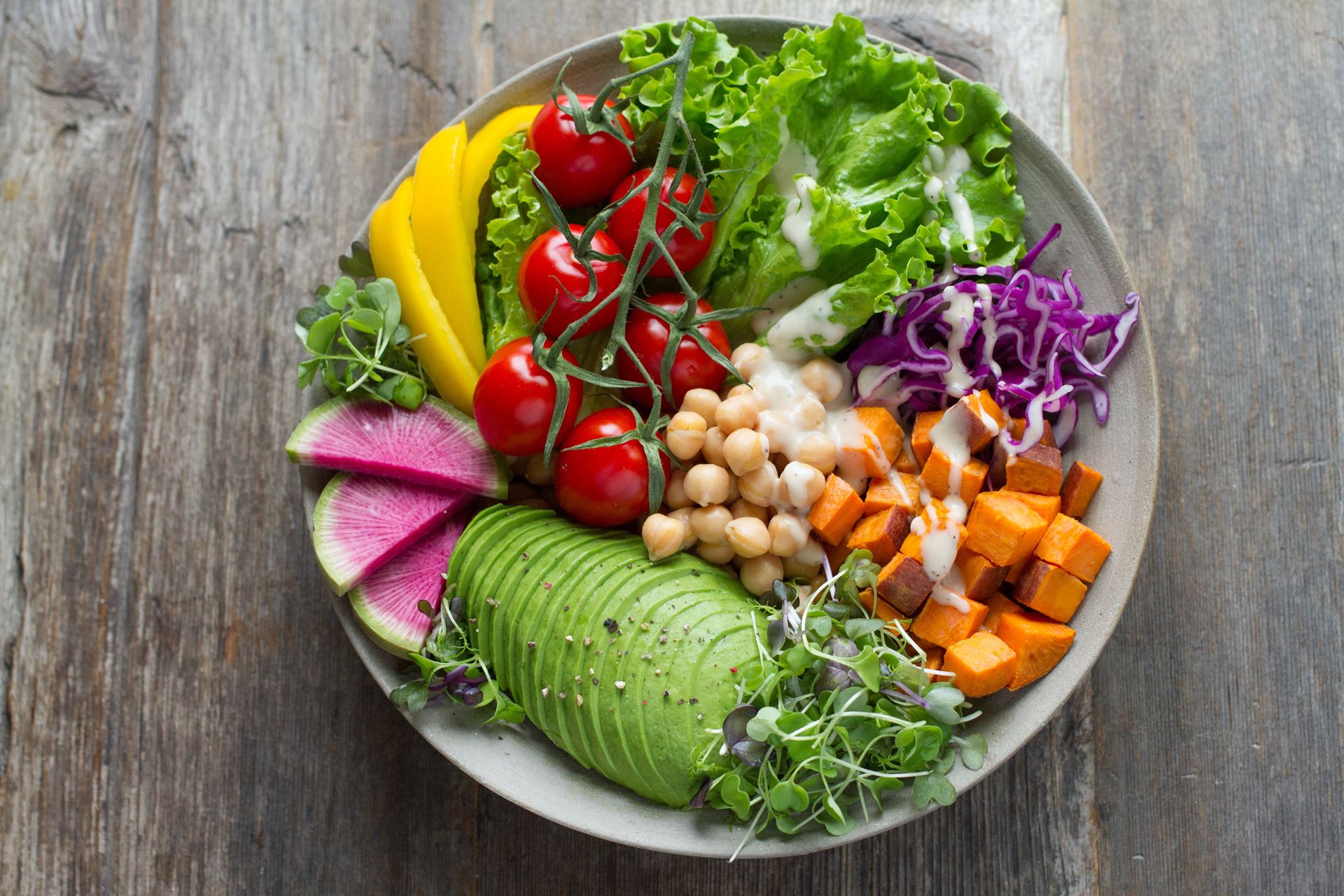Health Promotion in Local Area
Fostering Health Promotion in the Local Population
Seaton & Colyton is a forward thinking practice that is committed to the promotion of physical and emotional wellbeing in our community. Much of what makes us healthy is actually down to each individual. With this in mind and by popular request we have adapted 2 factsheets that you can utilise to help ensure that you are following up to date guidance on how to achieve a healthier lifestyle.

Exciting Times
As well as this Devon County Council have been busy planning for the National cycle route no 33 – this starts in Bristol and ends, yes – in Seaton (Axmouth).
Click here for more information
This summer work has now started on this project locally. The cycle route will have links to other national cycle routes in Great Britain.
Locally we plan use the end of this cycle route to ‘springboard’ formation of a 5-6 mile circular route around the Axe Estuary that can be used by young and old alike for exercise without road traffic risk.

10 Steps for Healthy Living
Simple steps you can take yourself that are proven to help:
- Eat whole grain foods (bread, or rice, or pasta) on four occasions a week. This will reduce the chance of having almost any cancer by 40%. Given that cancer affects about 1 in 3 of us in a lifetime, that's big advice.
- Don't smoke. If you do smoke, stop. The more you smoke, the more likely you are to have cancer, or heart or respiratory disease.
- Eat at least five portions of vegetables and fruit a day, and especially tomatoes, red grapes as well as salad all year. This protects against a whole variety of different nasty things:
• It reduces the risk of stroke dramatically
• It reduces the risk of diabetes considerably
• It will reduce the risk of heart disease and cancer.
- Use olive oil or cholesterol lowering spreads instead of butter or margarine. Cook with Olive oil or Sunflower oil rather than saturated fats (ie butter & lard). Reducing cholesterol will reduce the risk of heart attack and stroke even in those whose cholesterol is not high.
- Drink a half glass of wine occasionally but have at least 48hrs without alcohol each week and never binge drink. The type of alcohol probably doesn't matter too much.
- Eat oily fish, ideally three times a week. Eating fish won't stop you having a heart attack in itself, but it reduces the likelihood of you dying from it by half. Eat red meat only once or twice a week and try to limit processed red meat to once a week (processed red meat includes sausages and bacon unfortunately)
- Folate (folic acid) is essential in any woman contemplating pregnancy because it will reduce the chance of some birth defects. Never exceed the recommended daily allowances (RDA on back of vitamin packs).
- Eat lean white meat or game rather than red meat and try to grill rather then fry when cooking.
- Get breathless more often. You don't have to go to a gym or be an Olympic marathon runner. Simply walking a mile a day, or taking reasonable exercise three times a week (for 30 minutes each time) will substantially reduce the risk of heart disease. If you walk, don't dawdle. Make it a brisk pace and try to add this to your current routine rather than thinking ‘I’m always on the go’ or ‘I walk the dog everyday’. One of the benefits of regular exercise is that it strengthens bones and keeps them strong. Breaking a hip when elderly is a very serious thing.
- Check your height and weight on a chart to see if you are overweight for your height. Your body mass index is the weight in kilograms divided by the height in metres squared: for preference it should be below 25. If you are overweight, lose it. This has many benefits. There is no good evidence on simple ways to lose weight that work. Crash diets don't work. Take it one step at a time, do the things that are possible now, and combine some calorie limitation with increased exercise. Even better – check your waist circumference: For Men circumference less than 94cm is best, over 94cm there are increasing health risks and > 102cm there are significant health risks. For Women less than 80cm is best, over 80cm there are increasing health risks and > 88cm there are significant health risks.
Reference:
- MJ Stampfer et al. Primary prevention of coronary heart disease in women through diet and lifestyle. New England Journal of Medicine 2000 343: 16-22.
- Bandolier http://www.medicine.ox.ac.uk/bandolier/band78/b78-3.html